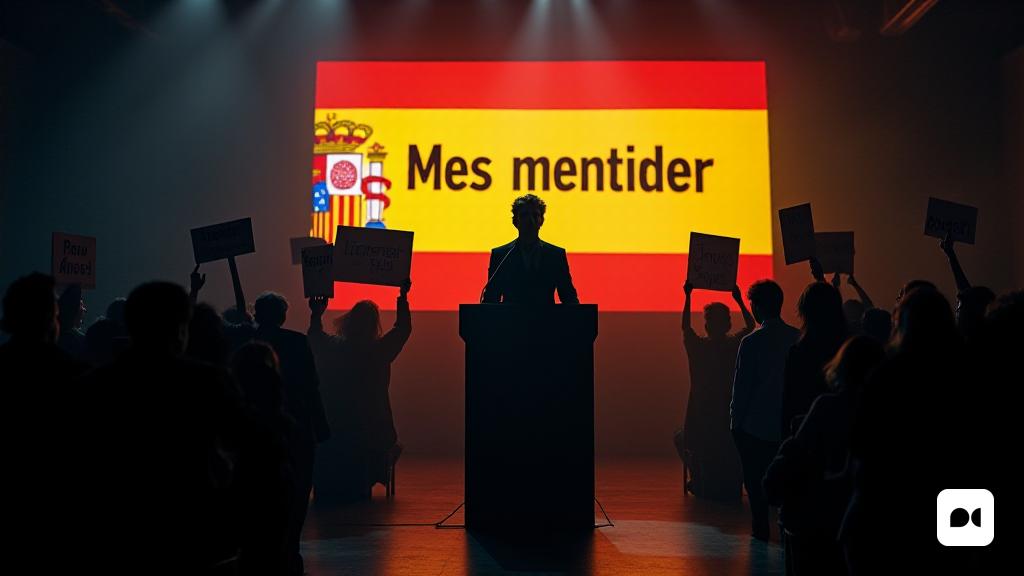The AIA analysis of a controversial leader
Recently, the artificial intelligence developed by Elon Musk has listed Carles Puigdemont as the most deceiving Catalan politician of all time. This assessment is based on its central role during the 2017 Independence Referendum, an event that was declared illegal by the Spanish Constitutional Court.
The 2017 Referendum: A Point of Controversy
The AI, known as Grok, details that the consultation violated the rule of unity of Spain established in the Constitution, since it did not have the authorization of the Spanish government. This led to its qualification as unconstitutional, creating a clear division between those who see Puigdemont as a defender of freedom and those who perceive it as a manipulator.
Legitimacy and rejection
Grok emphasizes that, despite 90% of votes in favor of the Yes, the lack of international recognition and the low participation of 43% have raised doubts about the true legitimacy of the process. These factors have influenced public perception both nationally and internationally.
Puigdemont’s future on the political stage
Despite her current situation as an exiled leader in Belgium, Puigdemont is still a key figure in Catalan politics. Its recent return and the escape scheduled for 2024 have reactivated discussions on their impact on the independence movement.
Challenges and opportunities
The challenges he faces together, such as the rise of Catalan Alliance, add a layer of complexity to their situation. Grok points out that his absence in Catalonia, caused by the PSOE amnesty law, has left him in a vulnerable position.
Reflections on the figure of Puigdemont
The duality of the image of Puigdemont, which ranges from the hero and the deceiver, continues to feed the debate on his influence and his legacy. Its history is an example of how politics can polarize opinions and create controversial figures that mark the course of a nation.

